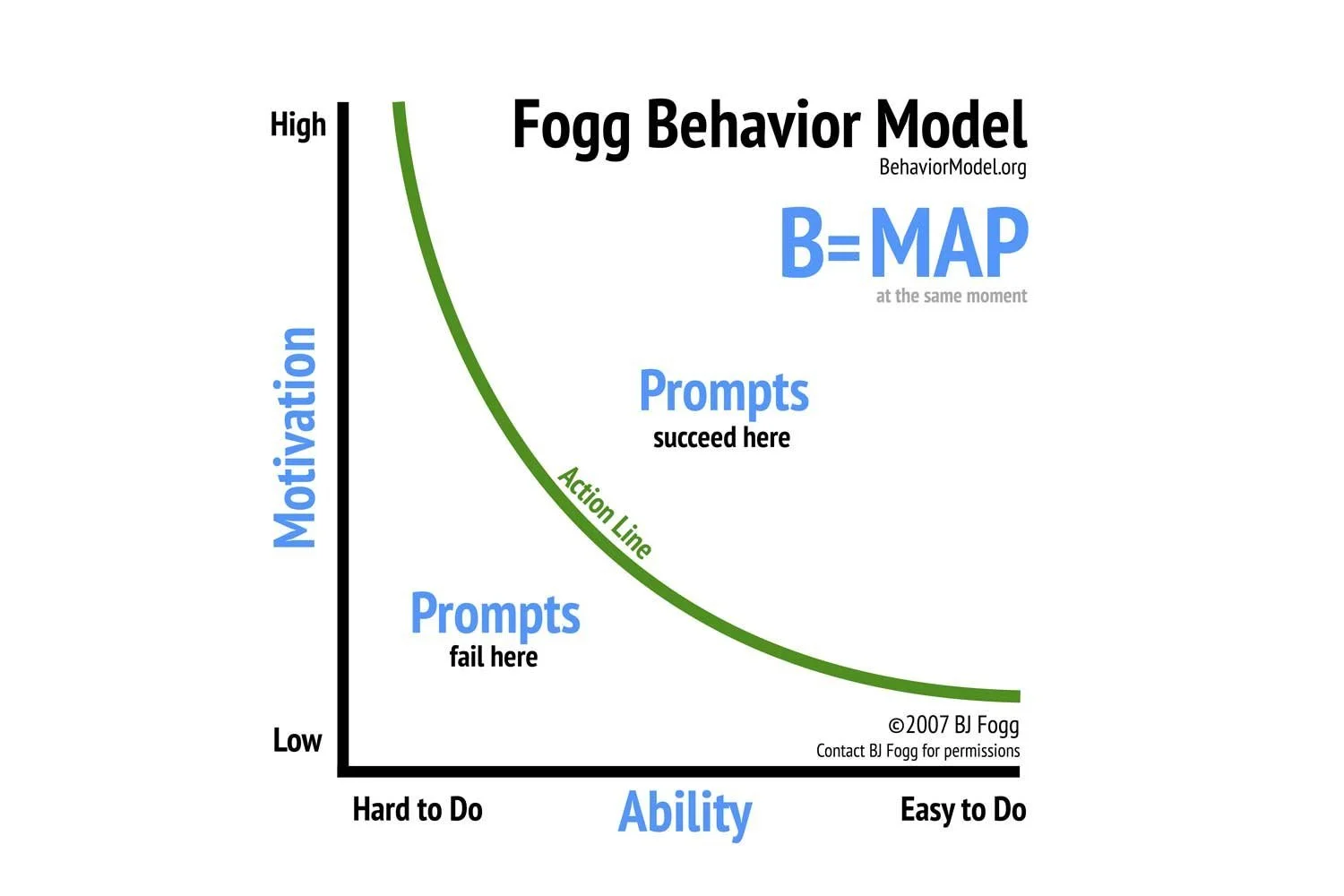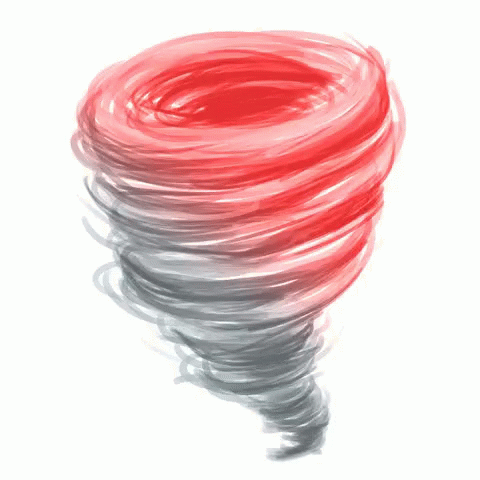Steal the productivity system I’ve used for more than three years
It’s a grid of eight boxes, with a few scattered titles, bullet points, and lines on it. It helps me reduce stress, improve my health, stay productive while I work, remember my long-term projects, and achieve work-life balance.
I blogged every day for the last 100 days—here’s what I learned
Today is the 100th day of the year, and this is my 100th blog in 100 days. Here are four things I’ve learned.
Don’t let a bad day knock you off the track
Something interesting I’ve discovered while taking on daily challenges is this: about once every six weeks, I really don’t want to do the work. Today is one of those days.
Acceptance is its own verve
“Is this tennis? Grinding for a year and a half, and then you lose to a guy who has a knee brace on?”
Streaks reduce the need for decision-making
One of the darkest places creative people can go in their minds is asking themselves whether or not they should create today. We consider a few ideas, thinking of what to create. None of them feel good enough.
We call it paying attention for a reason
The idea of “decision fatigue” is common in popular science right now. The theory goes that we only have so much mental energy to give to decision-making, and when that decision-making energy is depleted, we are more susceptible to “make choices that seem impulsive or irrational.”
What people say about the 15-Day Creative Consistency Challenge
We just launched the second cohort of the 15-Day Creative Consistency Challenge. Each day, a small group of artists and creators will share one creative deliverable on a supportive community platform. There are daily lessons and creative prompts to get the juices flowing.
Suspend disbelief by working with a group
“People might be skeptical about their ability to change if they’re by themselves, but a group will convince them to suspend disbelief.”
Art is high cost and low benefit (at least at first)
“The majority of tasks we procrastinate on are usually high in immediate costs but low in immediate benefits, thus making them unattractive in the short run.”
When constraint becomes freedom
Recently, an artist told me about the freedom she feels when she commits to creating every day, even on days when she doesn’t feel like it.
The most important thing you can do is breathe
You might have a few minutes to cram, or double check information, but the best thing you can do for yourself, with so little time left, is breathe.
Ghosting yourself
When we see a goal fall out of consistency, we ghost the idea of it. We avoid questions about it and we avoid thinking about it because we feel guilty when we finally remember.
The spiral of repeated mistakes
“The first mistake is never the one that ruins you. It is the spiral of repeated mistakes that follows. Missing once is an accident. Missing twice is the start of a new habit.”
What’s the easiest version of your goal?
There’s something called the “action line.” If something is too hard, and motivation is too low, we don’t take action. But, if motivation is high enough, and the action is easy enough, we take action.
Healthy Swaps
Bad habits are the bi-product of our breakneck, capitalist culture. A truck spits out Co2. We spit out bad habits.
How to make real change in 2022
2022 is coming swiftly. In just a few days, 2021 will be history, and you’ll start to judge the outfits and decisions you deliberated on so heavily. Many people, myself included, are excited to start the new year by building a new habit. But when you stop to consider new habit goals taken on in past Januarys, you might get discouraged.
The Emotional Side of Habits
I don’t just mean the discouragement we have to overcome to make a habit stick. I’m talking about the storylines and barriers we have to overcome emotionally to allow ourselves to commit to certain habits.
Rethink What Counts As A Workout
If you want to build a habit of working out, you better redefine what working out means to you. The thing that gets in the way of habit development is feeling like our small steps aren’t meaningful enough to pursue.
The Worst Day To Blog
I opened up this browser thinking I would write one word. Just to keep the streak alive. But that’s the funny thing about habits. Once I wrote one word, the next one followed pretty easily, and then they started flowing. And now I’m done.



















